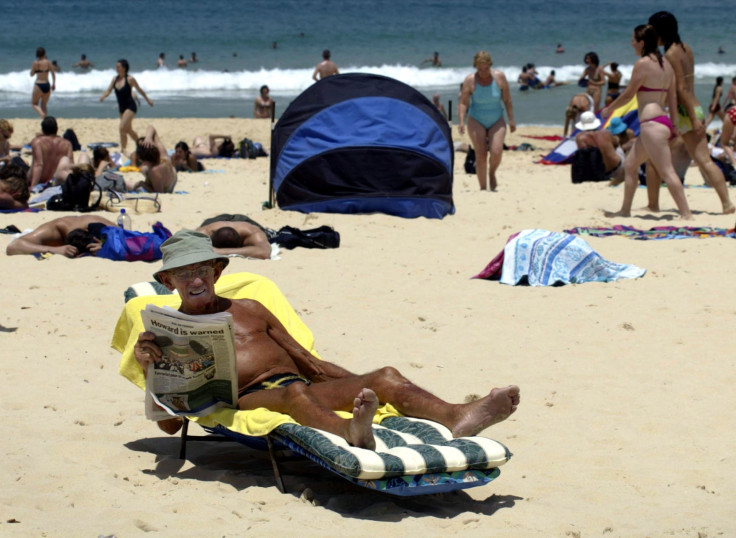Skin cancer increase in elderly linked to package holiday boom

The affordability of package holidays in the 1960s and 1970s is partly to blame for the rise in skin cancer among pensioners, according to Cancer Research UK.
The charity has said that although skin cancer can affect people of all ages, older people would have been unaware of how to protect themselves 40 years ago.
Men over 65 are 10 times as likely to be diagnosed with the deadliest type of skin cancer, malignant melanoma than in 1974, whilst women are five times as likely to develop the disease.
According to figures released by Cancer Research UK, melanoma is detected in 5,700 pensioners annually, compared to 600 in the 1970s. The disease kills around 2,100 British people each year, and skin tanning is also a contributing factor.
"It's worrying to see melanoma rates increasing at such a fast pace," said Professor Richard Marais, Cancer Research UK's skin cancer expert. "It's very important for people to take care of their skin in the sun.
"It's also important for them to seek medical opinions if they see any changes to their moles, or even to normal areas of skin.
"Melanoma is often detected on men's backs and women's legs, but it can appear on any part of the body," he said.
Getting sunburned once every two years can triple the risk of developing malignant melanoma.
"Sun damage accumulates over time so avoiding sunburn – and sunbeds – is key, as well as getting to know your skin type so you don't overdo it on the beach or even in the garden," Cancer Research UK's head of health information, Dr Julie Sharp said.
"You can burn at home just as easily as you can on holiday, so remember to spend time in the shade, wear a T-shirt and a hat to protect your skin and regularly apply sunscreen that is at least factor 15 and has four stars," she added.
© Copyright IBTimes 2025. All rights reserved.




















